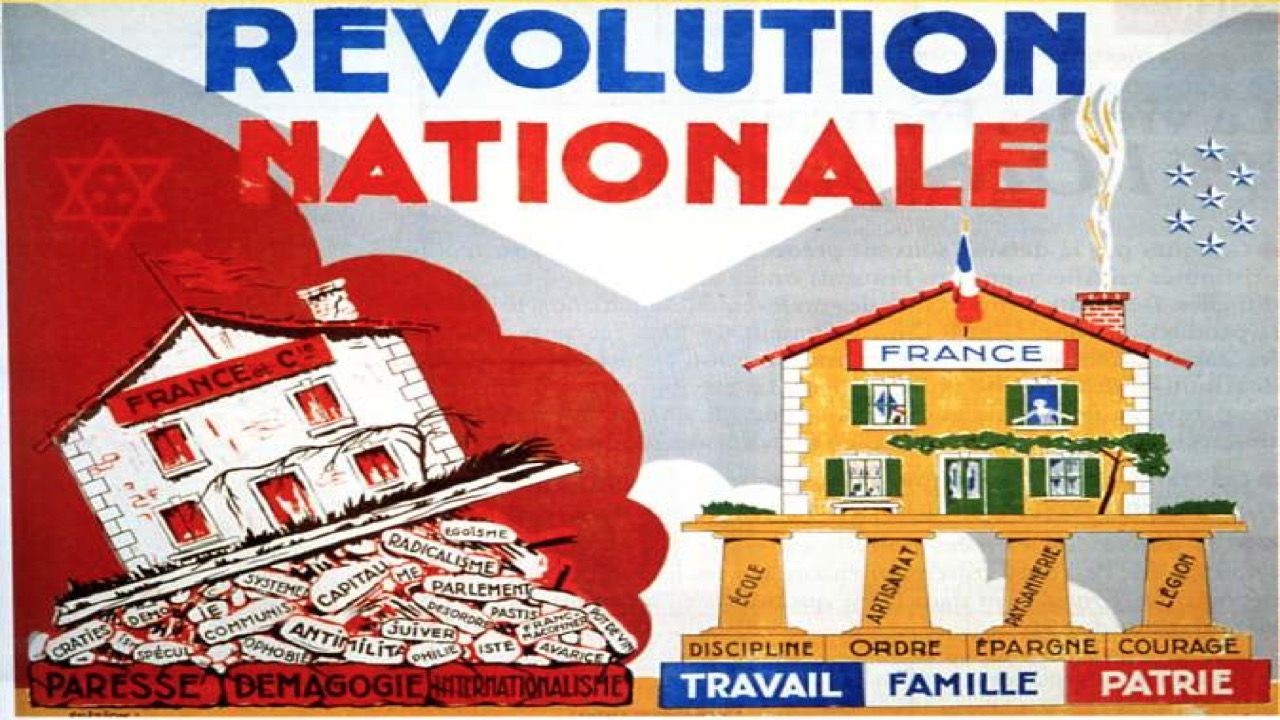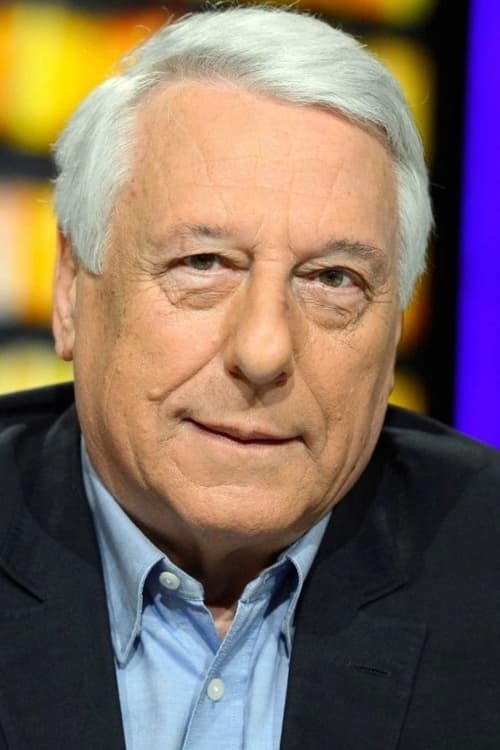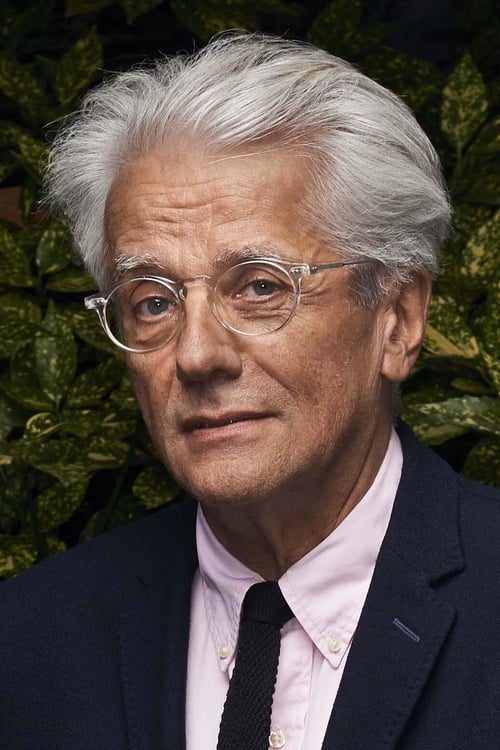
Cast & Crew
6 members
Acting
Michel Winock
Himself

Acting
Pierre Milza
Himself
No Image
Writing
Benjamin Stora
Himself

Acting
Jean-Pierre Azéma
Himself
No Image
Acting
Pascal Perrineau
Himself

Acting
Rodolphe Martinez
Narrator
No Image

Himself

Himself
Himself

Himself
Himself

Narrator